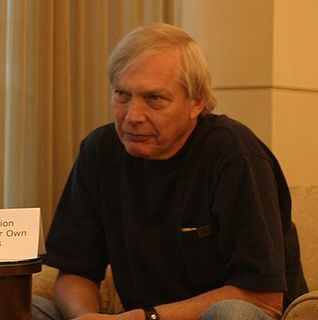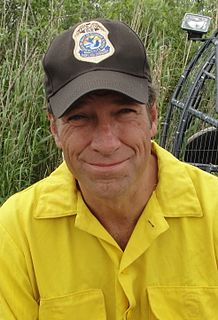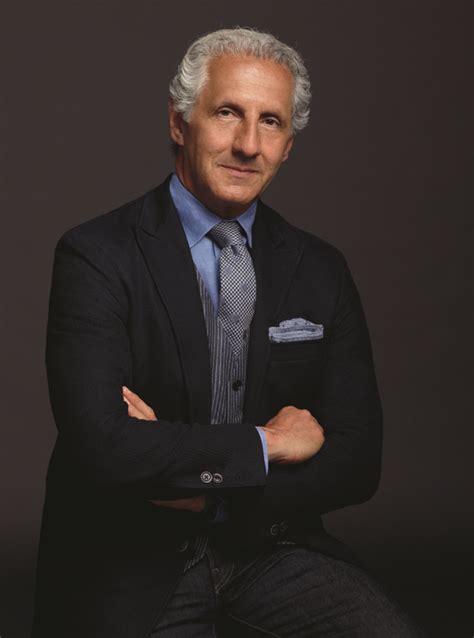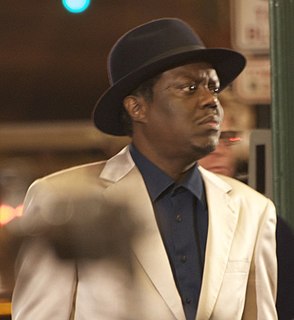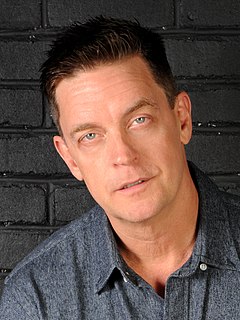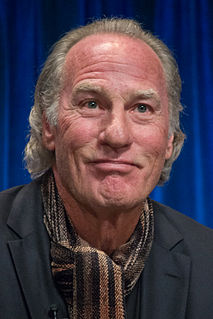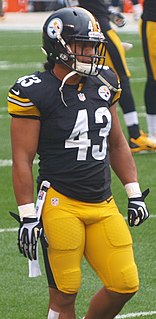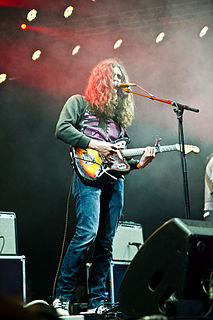A Quote by Stephanie Land
My family, for generations, has struggled through the effects of working blue-collar jobs long past the age of retirement.
Quote Topics
Related Quotes
The job market of the future will consist of those jobs that robots cannot perform. Our blue-collar work is pattern recognition, making sense of what you see. Gardeners will still have jobs because every garden is different. The same goes for construction workers. The losers are white-collar workers, low-level accountants, brokers, and agents.

